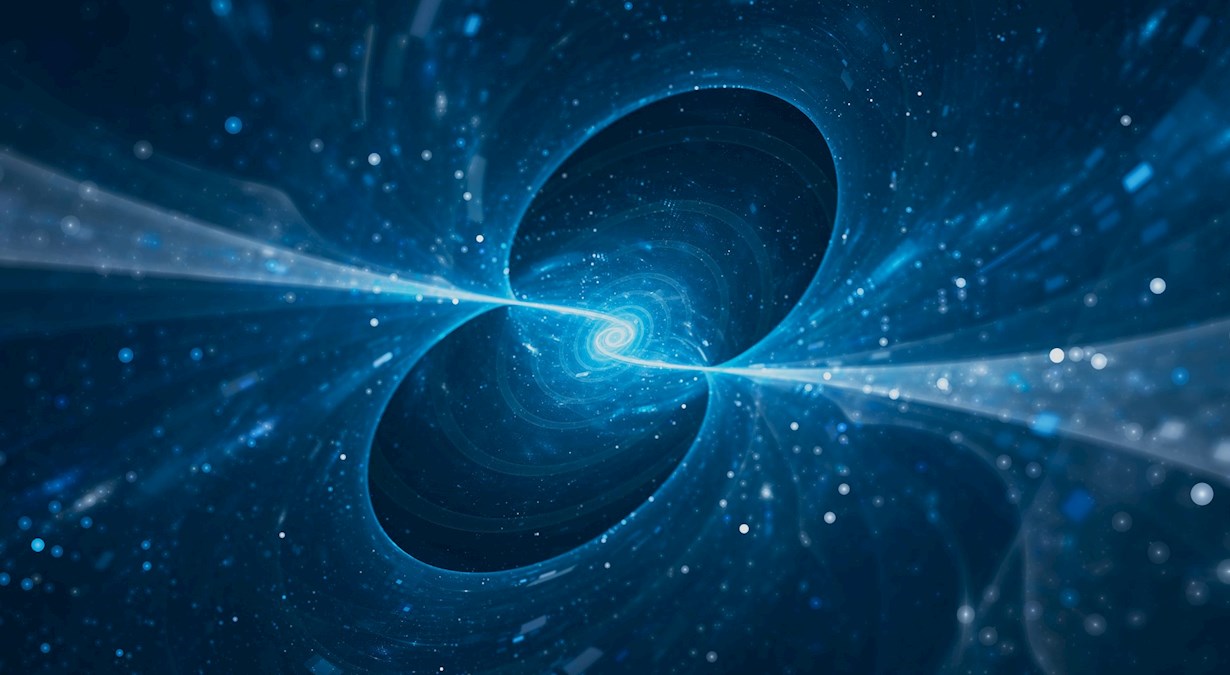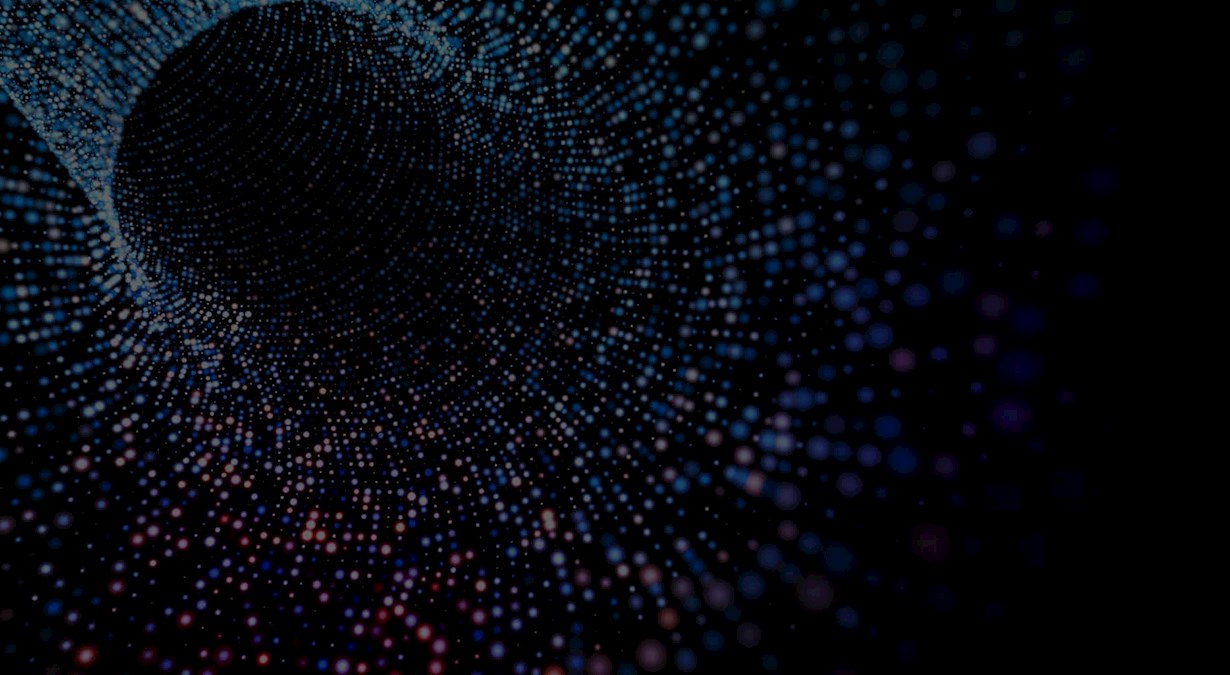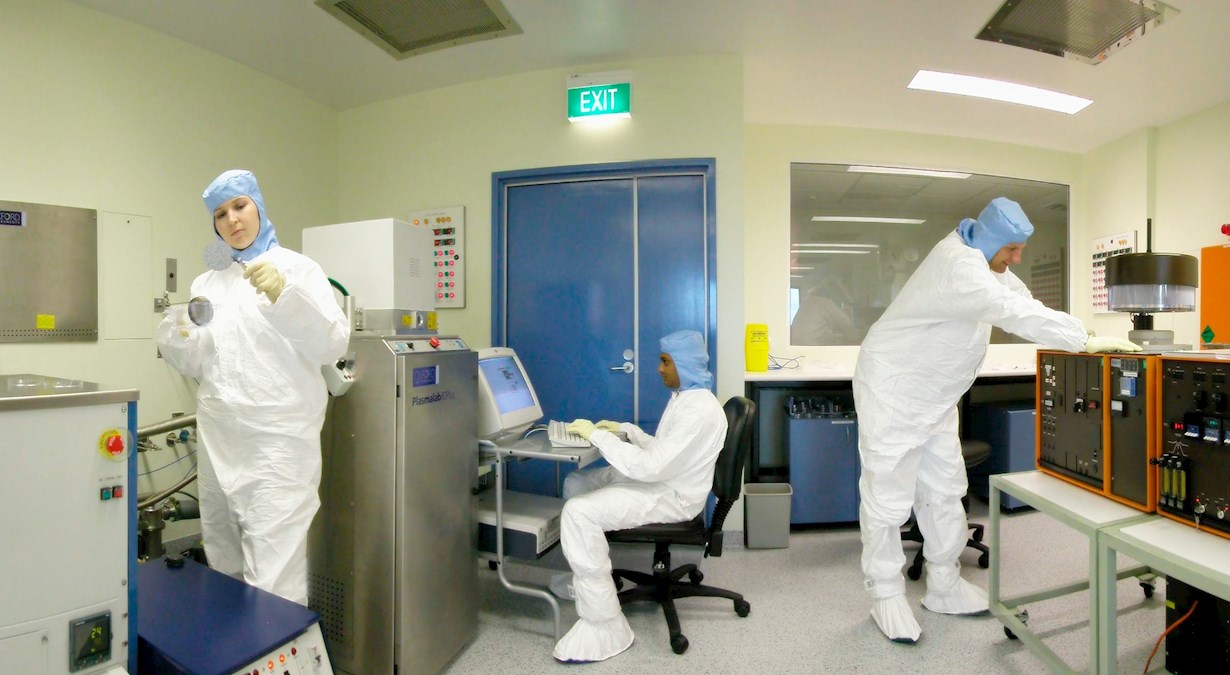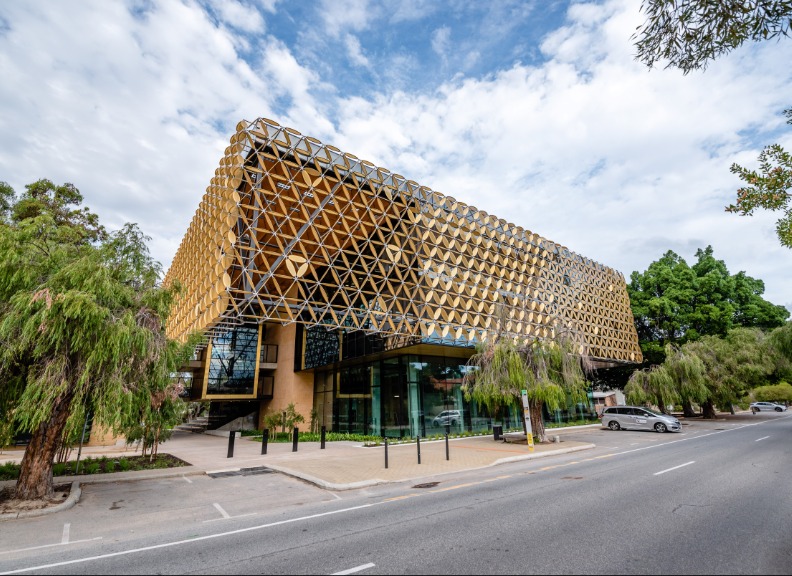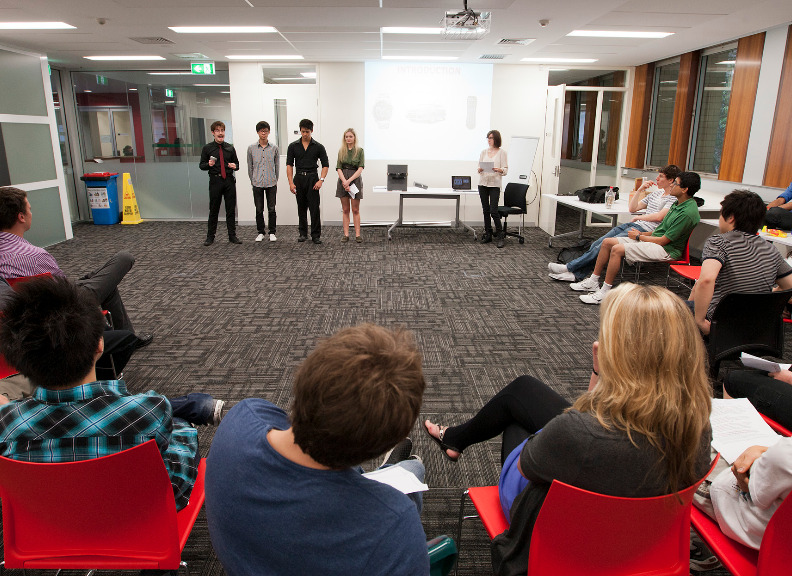Department of Physics
Bringing together great minds to examine the world around us
The Department of Physics at The University of Western Australia has a century-long history. It was initially part of the Department of Mathematics and Physics, established in 1912 as one of earliest eight departments of this university and became the Department of Physics in 1929. This department provides a strong foundation for research. In the most recent ERA (Excellence in Research for Australia) ranking exercise, the department scored 5/5 in all areas assessed, namely Astronomical and Space Sciences, Classical Physics, Optical Physics, and Quantum Physics. We currently host nodes for three ARC Centres of Excellence: Gravitational Wave Discovery (OzGRav), Engineered Quantum Systems (EQUS) and Dark Matter Particle Physics (CDMPP). We also have close links and ties with local industry, hospitals, observatories, schools, and government research organisations.
This is an incredibly exciting time for physics: LHC (CERN's Large Hadron Collider) discovered the Higgs boson particle in 2012; LIGO (Laser Interferometer Gravitational-Wave Observatory) detected gravitational waves from merging black holes in 2015; the first ever image of a black hole was taken by the Event Horizon Telescope in 2019. On the horizon is an international race to make the first full-scale quantum computer; in another direction, ultra-sensitive experiments are being developed in search of dark matter and dark energy of which very little is known. We explore and address fundamental questions from the tiniest particles to the great cosmos and all in-between. The quest continues for a Grand Unified Theory of Everything.
Department of Physics Areas of Research
- Astronomy & Astrophysics
- Computational Physics
-
- Computational Quantum Mechanics, Quantum Simulation and Algorithms: Jingbo Wang
- Computational Astronomy: Linqing Wen, David Coward
- Quantum Information, Simulation and Algorithms Research Cluster
- Experimental Physics
-
- Quantum Technologies and Dark Matter Lab: Mike Tobar, Eugene Ivanov, Maxim Goryachev
- Gravitational Wave Detection and Precision Measurements: Chunnong Zhao, Ju Li, David Blair, Carl Blair, Aaron Jones
- Condensed Matter and Magnetism: Mikhail Kostylev
- Terahertz & Optical Technology: Vincent Wallace
- Atomic and Surface Physics: Peter Hammond, Jim Williams, Sergey Samarin, John McFerran
- Airborne Gravity Gradiometer: Frank Van Kann
- Medical and Biomedical Physics
-
Medical Physics:
- Physics of Radiotherapy, Diagnostic Imaging, Nuclear Medicine, Radiation Biology, Radiation Protection, Application of AI in Medical Physics: Pejman Rowshan Farzad, Martin Ebert
Biomedical Physics:
- Non-invasive Diagnostics, Biomedical Imaging: Tim St Pierre
- Biophysics and Bioacoustics: Ralph James
- Biomedical Optics, Photo-medicine: Vincent Wallace
- Theoretical Physics
-
- Field Theory and Quantum Gravity: Sergei Kuzenko, Ian McArthur, Evgeny Buchbinder, Darren Grasso
- Ferromagnetism and Spin Wave Theory: Mikhail Kostylev
- Quantum Dynamics, Information and Computation: Jingbo Wang
Our courses
- Physics major (Undergraduate)
-
Physics examines the world around us at the most fundamental level, from the origin and fate of the universe to the behaviour of matter on sub-atomic length scales and everything in between.
- Bachelor of Science (Frontier Physics) and Master of Physics
-
The frontier of contemporary physics is built on a broad base of deep theoretical ideas that have been verified with astonishing precision by the most intricate and challenging experiments known to mankind.
- Bachelor of Science (Frontier Physics) and Master of Physics - Medical Physics
-
This innovative course equips you with the required knowledge, skills, and practical experience in the evolving field of Medical Physics.
- Master of Physics
-
This course is about understanding the world around us at its most fundamental level. The knowledge generated through the study of physics is also the driving force behind most new technologies, from radars to lasers, from transistors to quantum computers, and from electron microscopes to advanced medical imaging scanners.
- Master of Medical Physics
- Designed to meet the requirements of international students. In this course you’ll develop the knowledge and skills to combine physics principles with engineering methods and techniques in the clinical environment and in research, for the prevention, diagnosis and treatment of human diseases.
Research Clusters
Affiliated centres
The Department of Physics works with local and international centres to collaborate with some of the brightest research minds.
These affiliations include:
- International Centre for Radio Astronomy Research
- ARC Centre of Excellence for Dark Matter Particle Physics (DMPP)
- ARC Centre of Excellence for Engineered Quantum Systems (EQUS)
- ARC Centre of Excellence for Gravitational Wave Discovery (OzGrav)
- OzGrav UWA
Education outreach:

